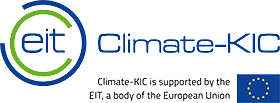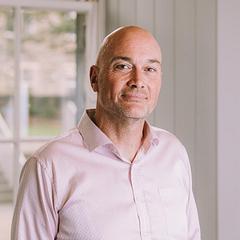A move towards a more circular economy is vital to our climate ambitions for better use of the world’s resources. It also makes business sense.
Currently 80% of Scotland’s carbon footprint comes from the production, consumption and waste of products and materials. The current system is no longer working for businesses, people or the environment. To move to a circular economy we need to transform how we manage resources, how we make and use products, and what we do with the materials afterwards. The City Loops project built skills and knowledge for the adoption of a circular economy in target groups in Edinburgh.
City Loops is an innovation method for identifying economic opportunities in a circular economy for companies and public service buyers in cities. It follows a structured innovation process using established methods for developing strategies to:
- Design out waste and pollution, keeping products and materials in use
- Develop new partnerships in the city for innovation
- Create new business opportunities
The project was supported by EIT Climate-KIC and ran in five European cities in 2020: Berlin, Frankfurt, Wuppertal, Edinburgh and Sofia.
City Loops in Edinburgh
Under COVID restrictions we delivered virtual workshops in Edinburgh for two target groups:
-
Education: we targeted postgraduate students on a range of programmes to give them circular economy skills to take into the workplace, and to help develop and embed circular economy knowledge into the future workforce.
-
Procurement: we sought to harness the purchasing power of the public sector by building circular economy skills and knowledge among public sector procurement professionals, in order to help to embed circular economy principles into public sector supply chains and their choices of products and materials.
Participants were supported to build their knowledge and skills through several stages:
- Foundations: The core concepts and strategies for a circular economy
- Explore: The context and system to identify and prioritise problems to solve
- Generate: Strategies and possible solutions within the context, prioritising by impact
- Design and deliver: identify the actions to build a strong circular solution in the context.
Both groups found the workshops valuable and engaging, and they are using the skills and knowledge they have acquired to develop their careers and professional practice, and to widen the adoption of circular economy principles in their organisations and sectors.

